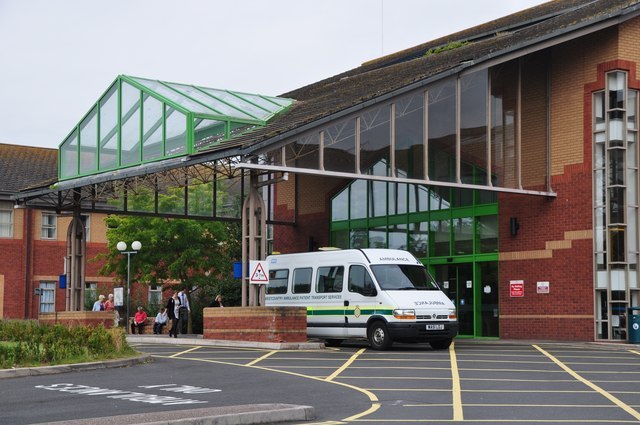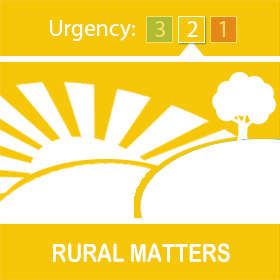
Ageing buildings at the Royal Devon & Exeter Foundation Trust mean its repair bill rose by one of the largest amounts last year across England.
New figures provided by the BBC show the RD&E’s repairs backlog more than doubled from over £68 million in the 2021-22 financial year to £146 million in 2022-23.
This means that it experienced the sixth biggest percentage rise last year out of England’s NHS trusts.
However, it still does not put the trust in the top 10 for the highest overall repairs backlog, which ranges from £193 million at tenth-placed University Hospitals Birmingham NHS Foundation Trust through to £734 million at first-placed Imperial College Healthcare NHS Trust.
In total, the estimated bill to complete so-called high-risk repairs needed at England’s NHS acute hospitals has swollen to £2 billion – up more than a third compared to the previous year.
The RD&E Hospital (Wonford) in Exeter was built between 1992 and 1996, and the trust said large parts “tipped over into ‘not good condition’ as defined by the Department of Health and Social Care because it is in the 30-35 year old age bracket”.
The trust’s current form began in April 2022, when it brought together the assets from the RD&E NHS Foundation Trust and the Northern Devon Healthcare NHS Trust.
“This increase in the total number of assets has also added to the rise,” a spokesperson for the RD&E said.
“There is a medium-term plan in place to address the repair backlog at the RD&E, whereas North Devon District Hospital is one of the 40 new hospitals, which when rebuilt will address the issue.”
The NHS describes North Devon District Hospital as “the most remote acute hospital in mainland England,” adding that many of its building are over 50 years old “which can result in challenges delivering care.”
The government had pledged to build the new hospital by 2030, but earlier this month Shona Dunn, second permanent secretary at the Department of Health & Social Care, said it is “now expected to complete after 2030”.
The RD&E spokesperson said the trust is exploring whether a phased-build programme for the North Devon District Hospital could be implemented to help it “mitigate some of our infrastructure risks sooner.”
The spokesperson added that the level of repair backlog is “measured continuously” with “higher-risk areas then addressed in the short term where capital funds are made available.”
However, its core capital funding – cash that would be used for repairs – is “currently overcommitted”, the spokesperson added, meaning that the highest priority jobs had to be dealt with first.
Fortunately, RAAC, or reinforced autoclaved aerated concrete, which is blighting a host of hospitals and schools across the country, is not an issue for the RD&E Trust.
“There is one non-clinical, non-structural area in the North Devon District Hospital which is affected by RAAC, however this area has been surveyed and confirmed as low risk and fit for purpose,” the spokesperson said.
A total of 86 trusts provided a response to the BBC Shared Data Unit, revealing at least 1,385 reports of infrastructure problems, impacting the care of at least 1,055 patients.

 Criminal investigation into suspended Chief Constable dropped
Criminal investigation into suspended Chief Constable dropped
 Devon families receive their primary school place offers
Devon families receive their primary school place offers
 Theft of Quad Bike / Livestock Trailer and / Farm Tools - Tiverton and Withleigh Area
Theft of Quad Bike / Livestock Trailer and / Farm Tools - Tiverton and Withleigh Area
 Stay vigilant for ticket fraud ahead of top events and concerts this summer.
Stay vigilant for ticket fraud ahead of top events and concerts this summer.











